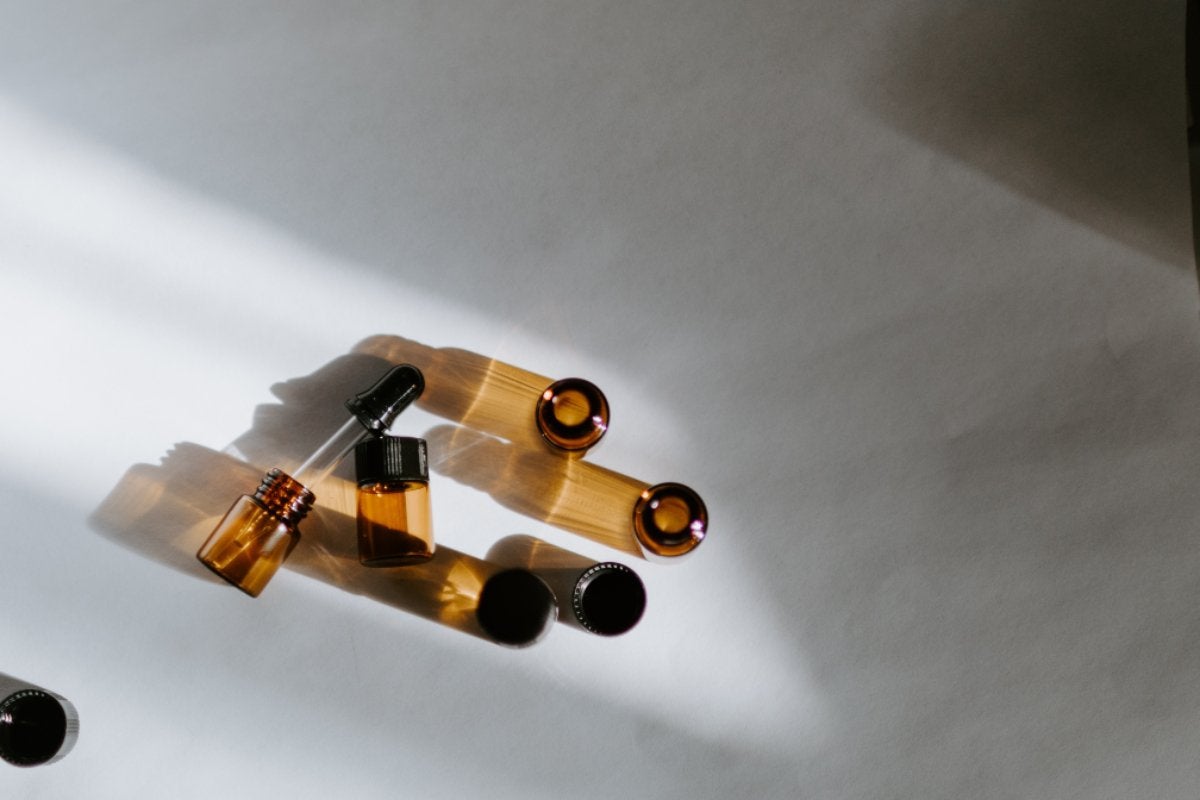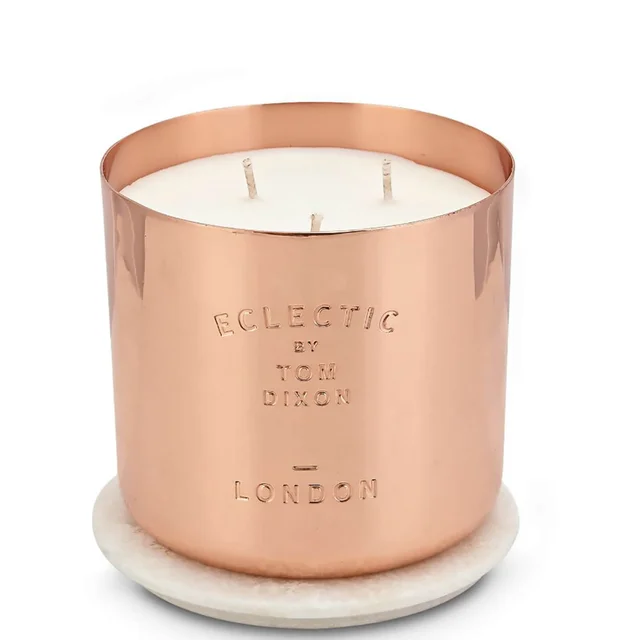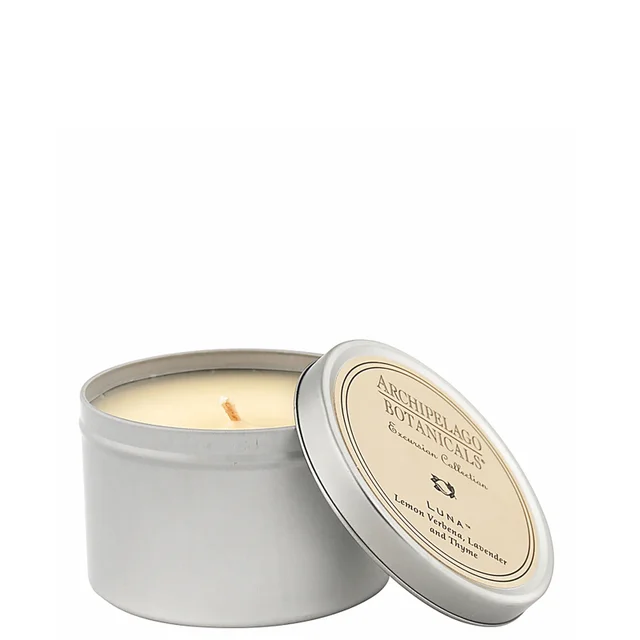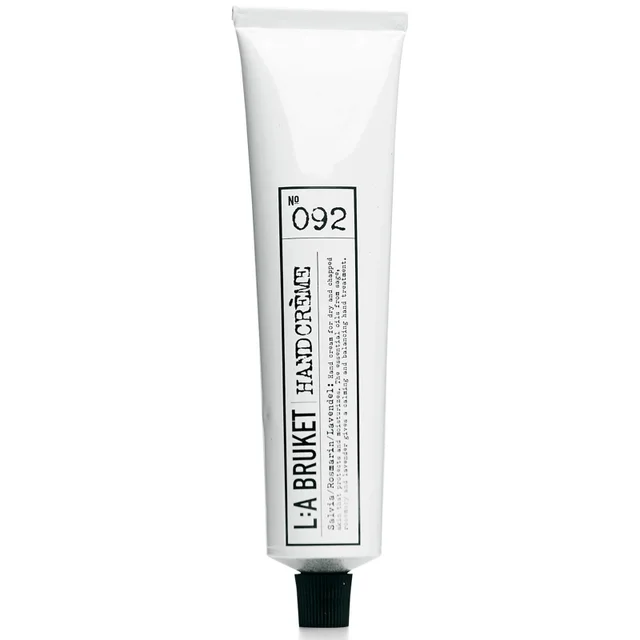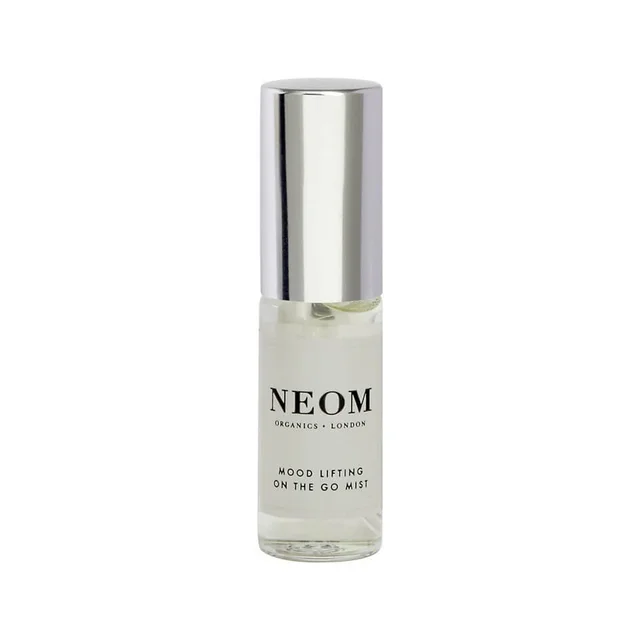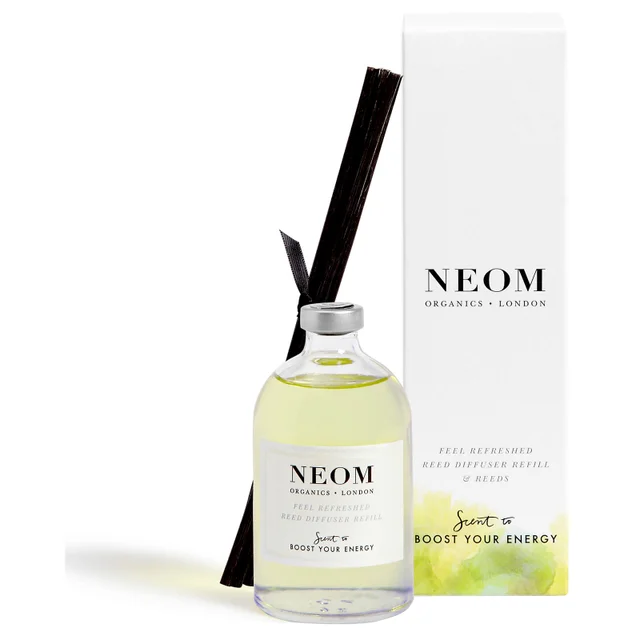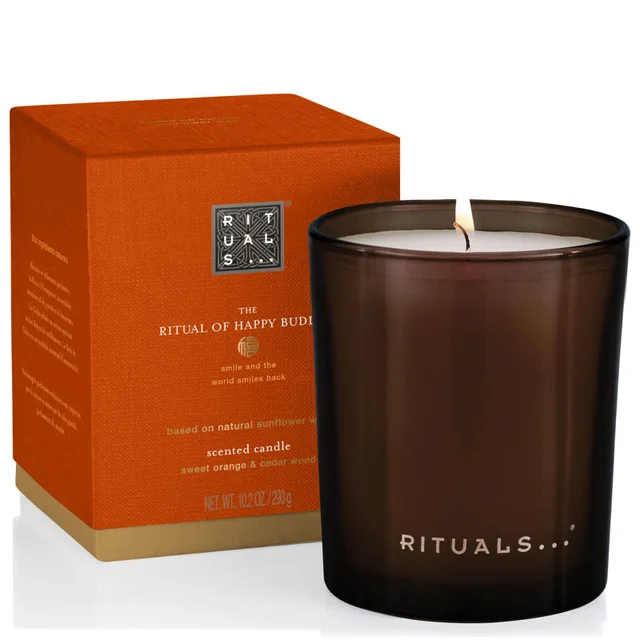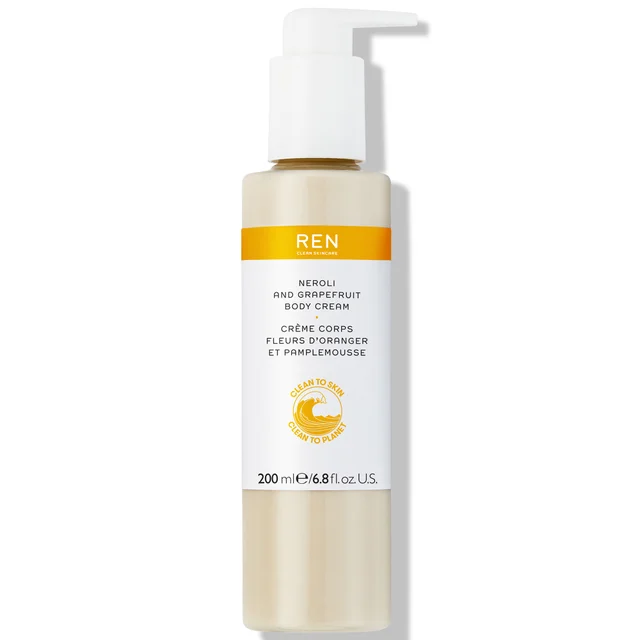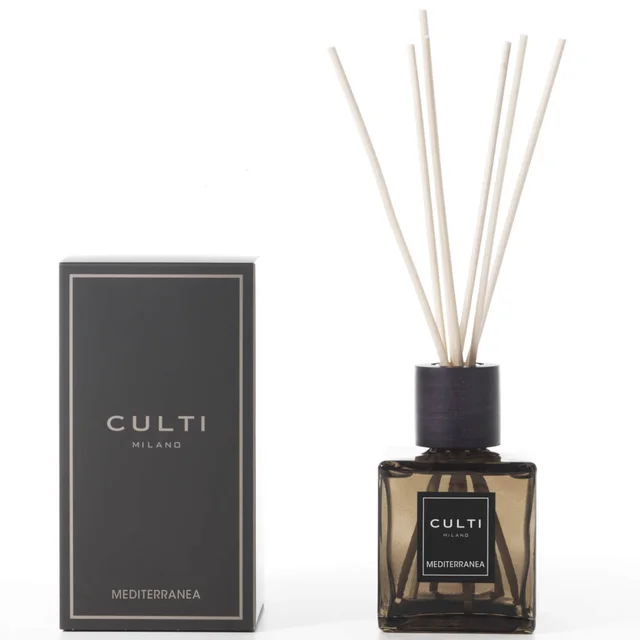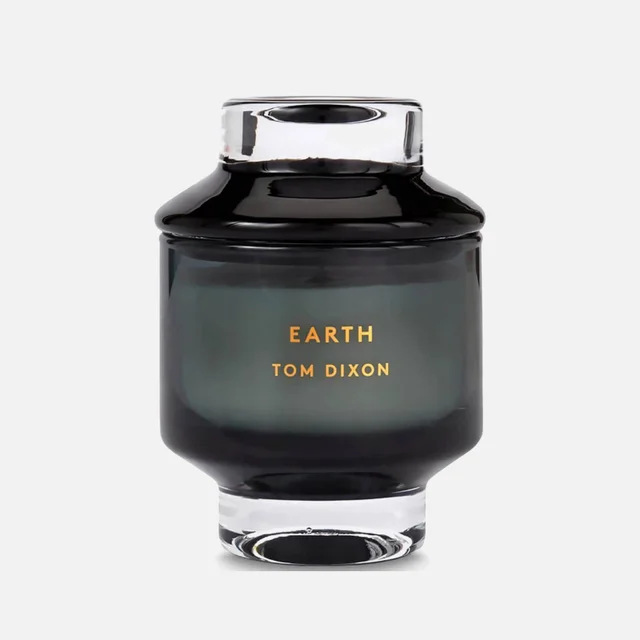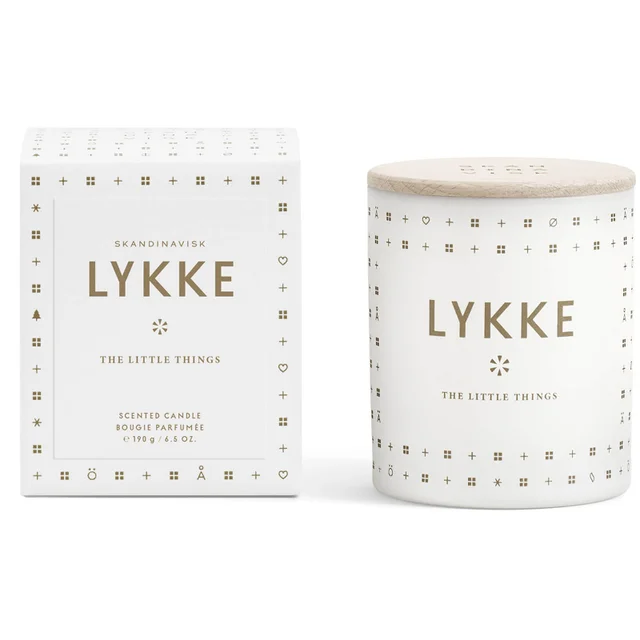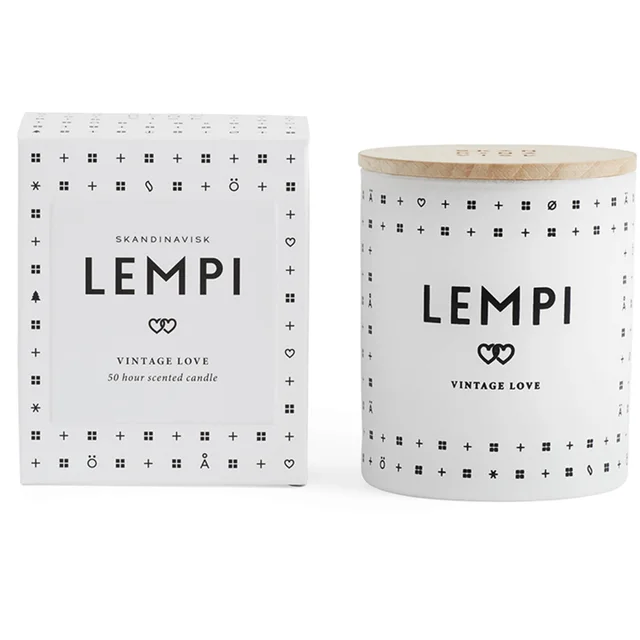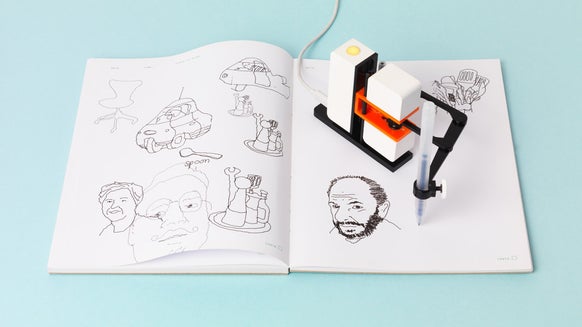From the outside, Aromatherapy can be daunting. With so many oils, so many vast claims of healing qualities and benefits, it’s easy to write it out as a fad. But with evidence of its use dating back to the Egyptians, it would have to be the longest trending fad in history, with therapists, scientists and experts worldwide dedicated to the craft. It’s an art and a science, bridging the divide between wellness and medicine as aromatherapy boasts benefit to both mental health and physical healing. Used by athletes and artists alike, it is wholly customisable to individual needs and routines, crafted around your own intentions. In a time of hyper-stress, when we are overrun by technology, political uncertainty and the worry of day-to-day life, everyone can benefit from a boost. No matter what you need, aromatherapy can be a beautiful addition to your routine, even just as a mindful self-care ritual if you’re sceptical of the healing benefits. Offering a moment to switch off and focus on something as simple as a scent, bringing aromatherapy into your home can only do good. So we've compiled a need-to-know guide, cutting through the noise and confusion to help introduce aromatherapy into your home.https://www.instagram.com/p/B1sy_aghOK1/
What Are The Origins of Aromatherapy?
It was the Egyptians that first developed methods of extracting oils from plants, flowers and fruits, to craft their own mixes. Used for fragrance, medicine and religious rituals, early essential oils were given as gifts and offerings, representing ultimate luxury and considered to have the power to raise your consciousness to a higher state.
Mood-boosting aromatherapy originated in China, believed to create harmony and balance in the home and ward off negative energies. Up to 1900, essential oils remained a homeopathic remedy, until 1910 when dr Rene Maurice Gattefosse discovered the physical healing abilities. After burning his hand, he soaked the wound in lavender oil and recorded an instant soothing and much faster overall recovery. This was the start of aromatherapy in medical practice, subsequently leading to the use of lavender oil to treat WW1 soldiers. How Does Aromatherapy Work?
Aromatherapy is an art and science, merging belief and logic.As an artform, aromatherapy works partly through ritual and mindfulness. Creating a mental connection between the scent and a positive feeling or action, we can develop scent memories that cultivate feelings of calm, comfort or rejuvenation. Taking a moment to yourself, whether it be to light a candle or put on a moisturiser, goes a long way to boost your mood and restore a sense of calm. Often tied into meditation or intention setting, aromatherapy is all about the self and promoting a greater sense of self-care and dedication, customisable to what each individual needs in any given moment. Regardless of the science, pleasant scents, warm candles and massaging your pressure points, are fool-proof ways to feel a little better.But there is scientific reasoning behind that.When inhaled...
Your sense of smell is the closest sense to your brain, having the greatest effect on mood and memory. Humans have five million scent receptors in our nose that link to the limbic system in our brains that governs emotions, behaviour and long-term memory. Therefore, when you inhale an essential oil, it can impact not only your immediate mood but deeper emotions and bodily functions such as your heart rate and blood pressure.When massaged into the skin...
Molecules in essential oils are small enough to penetrate through the skin, into the muscle and beyond into your bloodstream. This means the oil can be circulated around your body, as well as having an immediate effect on skin and muscles to provide instant relief.What Can Aromatherapy Be Used For?
Taking all the best from the plant, flower or fruit, essential oils are packed full of anti-oxidant, anti-bacterial, anti-fungal and anti-viral qualities. With each oil harnessing different powers and properties, the range of what essential oils can do, both alone and mixed, is vast. - Helping to manage and relieve pain
- Improving sleep
- Reducing symptoms of anxiety and depression
- Curbing symptoms of stress and panic
- Improving focus
- Treating symptoms of headaches and migraines
- Helping PMS symptoms and easing labour pain
- Fighting bacteria and healing skin
How Do You Do Aromatherapy?
Completely customisable about your lifestyle, aromatherapy can be practised in many different forms. Though traditionally done through the use of essential oils massaged into the skin, filling your space with specific scents works just as well for non-muscular results. Instead, you can;- Drop diluted oils or spray scents onto your pillow.
- Burn incense sticks or candles.
- Invest in an oil diffuser, or use reed diffusers.
- Integrate aromatherapy into your skincare, picking products that include particular scents and oils.
For the best results, aromatherapy should be a ritual. Try to use the same scents for the same activities, such as using inhaling orange oil each time you sit down to start working or spraying lavender on your pillow before sleep. This will create scent memories that will help trigger positive behaviours each time you get a whiff of the scent.What's The Right Scent For You?
For better sleep...
- Lavender- Helps to reset and restore the nervous system, lowering blood pressure and heart rate to relax the mind and body.
- Chamomile- Containing an antioxidant called apigenin which binds to specific receptors in your brain that decrease anxiety and initiate sleep, Chamomile promotes deeper sleep to stop strange dreams and irritating 3 am wake stirs.
- Cedarwood- Warming and comforting with mild sedative qualities, this rich woody scent will help you drift off in no time.
To improve your mood...
For a boost, go for a citrus oil like lemon, grapefruit or sweet orange. These oils contain Limonene, a wonder chemical found in citrus peels. Not only is it used to treat and considered to prevent cancer, but limonene helps activate the serotonergic system to create more serotonin; the happy hormone that helps to regulate functions including sleep, appetite and cognition. Introducing some citrus oil into your daily routine through your body wash or hand soap is an easy act of day-to-day self-care, giving yourself a mood lift each morning to start the day off right. For sharper focus...
- Limonene also helps increase cognition and concentration, so your citrus oils double up their use.
- Peppermint- An obvious answer but the sharp, refreshing sense helps improve mental clarity for better concentration. Increasing oxygen saturation and blood pressure to result in physiological arousal, meaning more oxygen enters your bloodstream and travels to your brain. The more oxygen in your brain, the better your concentration is, and the less likely you are to become stressed, helping you focus on the task at hand without panic.
For the same reason, peppermint oil can also help relieve headaches and the symptoms of migraines, two things that definitely don’t help with concentration.- Amber- When inflamed, the brain can’t produce or process the hormones needed for mood regulation, so the anti-inflammatory qualities of amber oil offer better clarity and focus. Reducing stress reactions and increasing oxygen flow to your brain, an amber scented candle is a great desk addition.
To help relieve anxiety...
- Rose- The scent of rose helps to regulate your heartbeat in times of high stress and works to balance your hormones to reduce panic reactions.
- Jasmine- One of the oldest homeopathic remedies, jasmine has been used as a natural remedy to ease anxiety for hundreds of years. Calming your nervous system without having sedative qualities, Jasmine is the perfect scent for any mid-day panics.
- Basil- Containing linalool which reduces stress and calms panic reactions in the body, basil can help relieve physical anxiety symptoms but promoting calm and slowing the heart rate.
But overall, the best scent for you is one that creates an instant sense of comfort, calm or joy. Play around with different ingredients and scents until you find oils that work for you. Aromatherapy is entirely about you, there is no strict rule book. Follow your intuition and focus on your needs.
